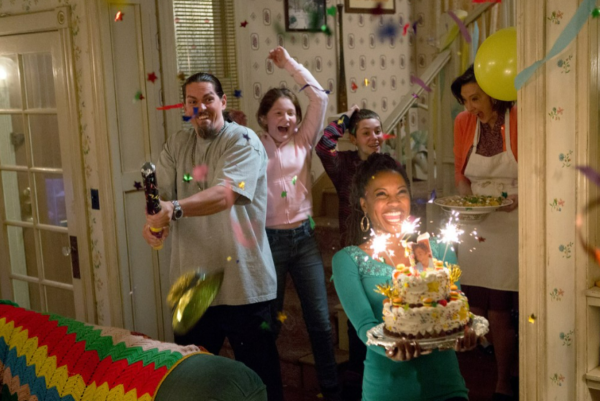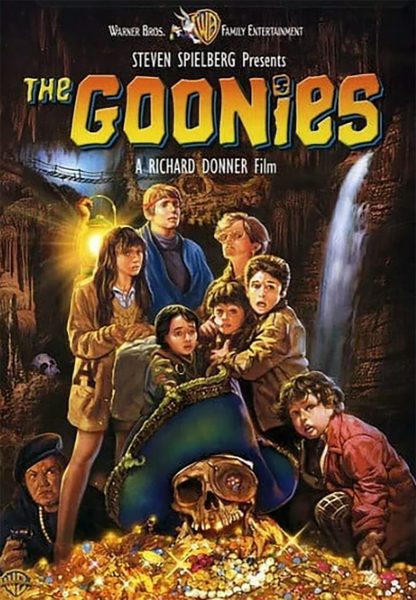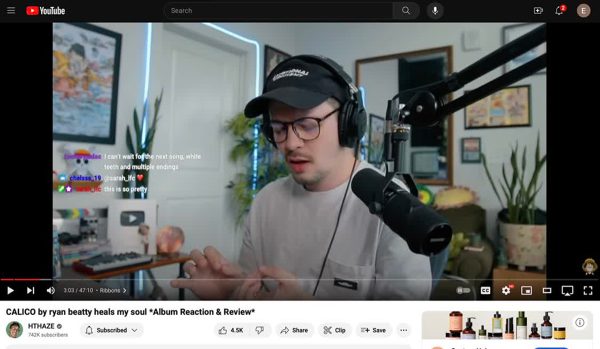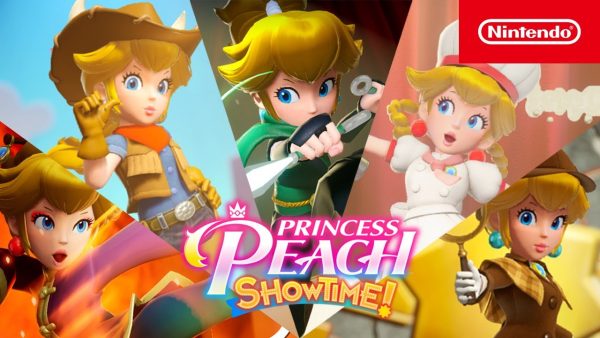It’s time for media to be trusted again
Public officials and figures can use media to their advantage
February 3, 2015
“I’m just here so I won’t get fined.” Charlie Hedbo violated First Amendment rights. And the list goes on and on.
As society has evolved into this “know-now” cycle we find ourselves in today, trust in the media and portrayal of the media has taken a proverbial turn downhill. Public officials and figures have started to deem it acceptable not to answer questions in a direct manner, citizens have found ways to question the role of media and media itself has become more and more sensationalized.
For almost three weeks this winter break, I spent time at The Washington Post as part of the Ann Devroy Memorial Fellowship, which UW-Eau Claire graciously awarded me last spring.
Being a son of two journalists, my advocacy for journalism and media has always been high. But after spending time in the same office Bob Woodward and Carl Bernstein’s relentless investigative reporting led to the resignation of President Richard Nixon, that advocacy has soared to new heights.
Trust me, folks, there are media outlets who are not in for the glory of byline and won’t sacrifice facts to be the first to release a story.
In my time in Washington, I saw how relentless these journalists worked in order to get the public everything they need to know. I’ve seen the same type of mentality at places I’ve worked in the Chippewa Valley region, including right here at The Spectator. But now, I observed and contributed on a national stage with literally millions of readers worldwide.
For those who know me well, you know the centerpiece of my world revolves around a playing field, a scoreboard and standings. Yes, I worked mostly in the sports department while I was there.
Even so, I saw how meticulous and careful everybody in that department was. I worked most closely with national assignments editor, Mike Hume. The two of us worked on a research project regarding college basketball, and it took us a full week to get just the research of the story down before he ultimately wrote it.
At no point in my time there did I ever see anybody posting things without verifying a fact, arguing with readers in the comment section or asking outlandish questions simply to see if you can get a novelty.
Those are not true journalism entities. Those are entertainment outlets that far too many citizens turn to for news.
Regarding my last point above, I’m looking at you, Marshawn Lynch, and the people who are standing up for you claiming you don’t owe the media anything.
The sad reality for Lynch and his supporters is that without real media outlets, he would be playing the game he loves in a open field for $10 an hour.
So yes, Mr. Lynch, as a public figure who wouldn’t exist without public support and media, you are obligated to answer non-outlandish questions. That’s how people know your story. That’s how people get inspired, and other inner city kids can dream too that they can make something of themselves.
Relentless reporters are carefully going through the investigation of the shootings in Paris to do their best to prevent things like this from happening again.
And that’s the beauty of true media. These are the type of stories that are becoming the most untold, and that needs to change. People should trust their media, and on the flipside, public officials should turn to media to tell an inspiring, informative story.
After my time in our nation’s capitol, I’ve never been more fired up about the importance of my industry. I urge and challenge all others in my field to feel the same.











